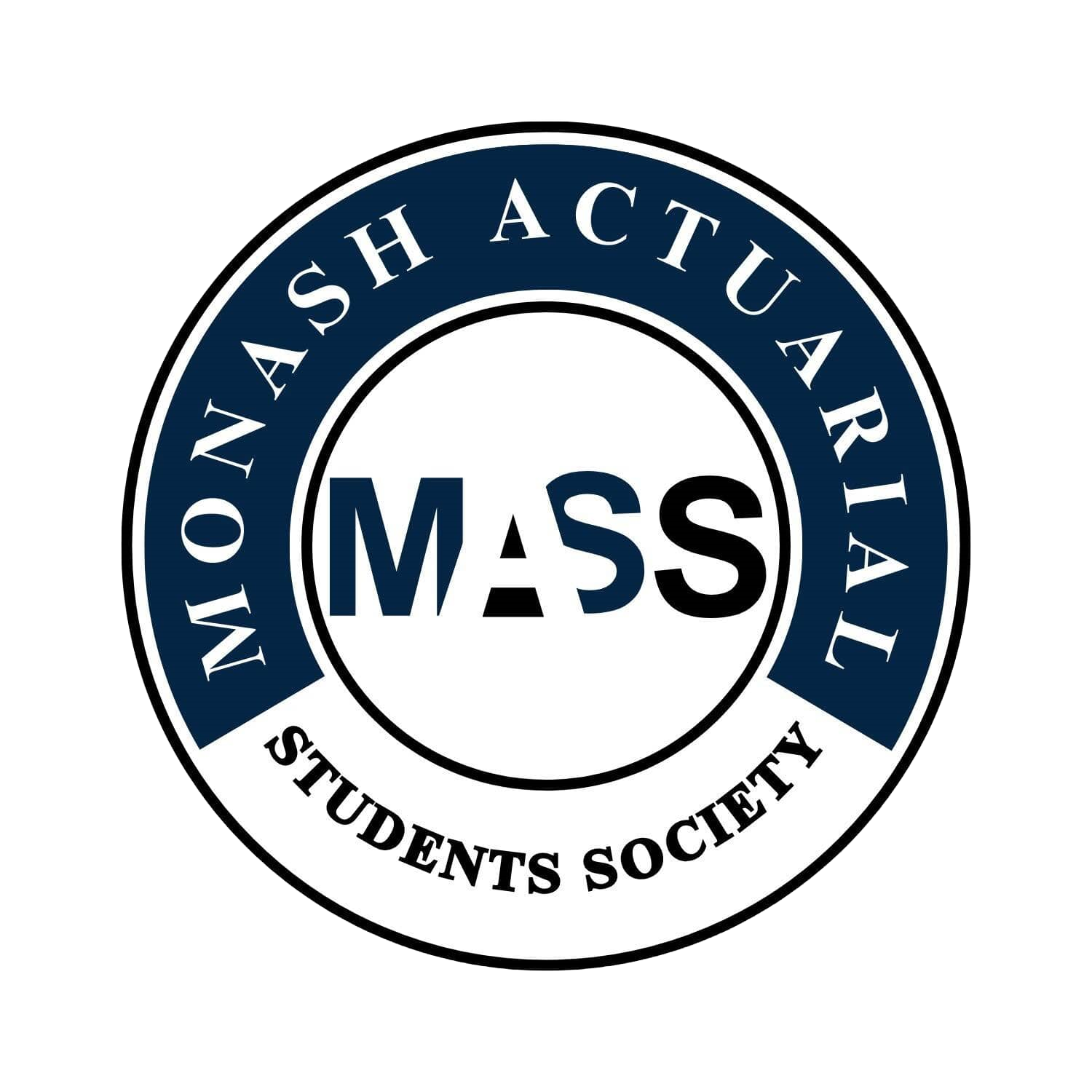ETC3430 / ETC5343 Financial Mathematics Under Uncertainty
Difficulty:
Year Completed: Semester 1, 2020
Prerequisite: ETC2430
Exemption:
CS2 Risk Modelling and Survival Analysis
ETC2420 (10%), ETC3420 (20%), ETC3430 (50%), ETC3550 (20%)
Weighted average of 70% required. Minimum of 60% required for each unit.
Mean Setu Score: 70%
Clarity of Learning Outcomes: 72.6%
Clarity of Assessments: 71.6%
Feedback: 62.6%
Resources: 64.2%
Engagement: 82.6%
Satisfaction: 62.6%
Subject Content:
Lecture(s) and Tutorial(s):
Textbook(s):
Assessments:
This unit covered Markov chains, transition rates and probabilities,
Kolmogorov forward and backward differential equations, the
healthy sick death model, the force of mortality and models
graduation.
1 x 2 hour lecture
1 x 1.5 hour tutorial
N/A
2 Assignments 20% each
Final Exam 60%
Comments
The unit was well structured and was broken down into two
segments. Each week correlated with the previous and the
concepts carried on throughout the unit. The concepts learnt in
ETC2430 (a prerequisite for this unit) carried on into this subject.
The concept of life tables and mortality were explored further in
the second half of the unit. The exam was challenging however
focusing on the lectures and understanding the key concepts will
be very helpful for the exam.
The lectures were well structured. The content in the lectures
correlated closely with the exam and the key concepts were
explored a little deeper in the assessments. The use of lectures
will be very helpful for the completion of this unit as well as
attending tutorials.
Tutorials would run through the week’s questions and were great
examples/indicators of the questions on the exam. The questions
in the tutorial related very closely to the concepts in the lecture
from the previous week and expanded on them. The tutorials did
not cover any specific content and comprised mainly of practice
questions for the content in the lecture. There would also be time
to ask questions.
The assignments were a good way to explore the concepts in the
lecture and also involved the use of R. Personally through using R I
was able to better understand Markov Chains. The assignments
mostly assessed the content in the lectures.
As stated before, the concepts in the lectures and the tutorial
questions were a good representation of the content in the exam.
While there were some challenging questions, most of the content
was similar in nature to the tutorials.
Take the time to learn the derivations as well as they may when
attempting to complete the questions.
General Overview:
Lectures:
Tutorials:
Assessments/Other Assessments
Exams
Concluding Remarks

